“Mysteries of Mental Illness” | a special WITF event
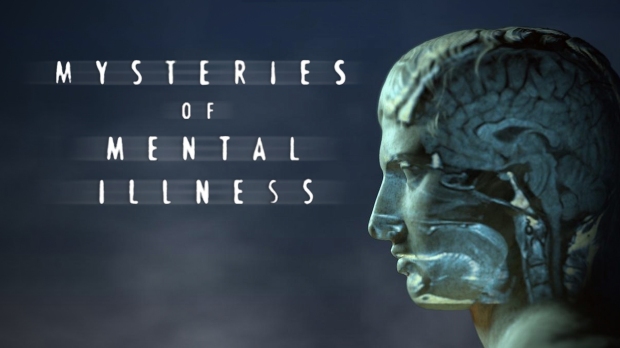
“Explore the story of mental illness in science and society, tracing the evolution of this complex topic from its earliest days to present times. Join WITF for a free documentary screening and panel discussion around Mysteries of Mental Illness Monday, June 21 at 7pm. Watch selected clips of Mysteries of Mental Illness, followed by a panel discussion exploring the topic with local experts.
“The four-part series examines the dramatic attempts across generations to unravel the mysteries of mental illness and give voice to contemporary Americans across a spectrum of experiences.”
WITF (public broadcasting) • Monday, June 21 at 7pm
Click here to register
“Signs That It’s Time for Therapy” – The New York Times
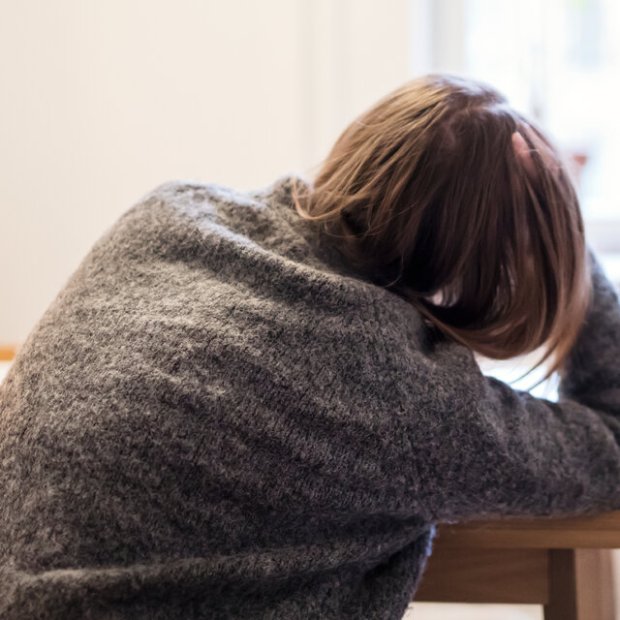
“The pandemic has taken an emotional toll on many of us. Perhaps the last year left you feeling depressed, anxious or ready to make a big life change.”
Click here to see suggestions from “experts about how to decide whether you would benefit from mental health counseling.”
“A Daughter Explores Her Father’s PTSD, From Vietnam Until Today” – NPR
“Editor’s Note: NPR’s Kara Frame made this short documentary film, I Will Go Back Tonight, on the battles with PTSD that her father and his Vietnam War comrades have faced in the decades since they served. On Veterans Day, here’s their story, with an introduction from Kara.”
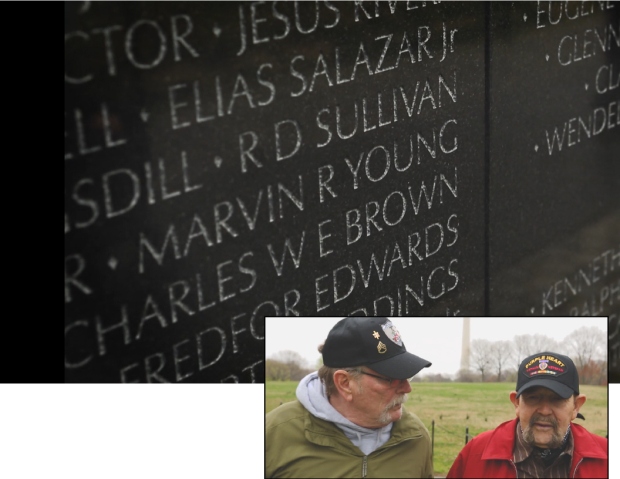
From “The short documentary film, I Will Go Back Tonight investigates the long-term effects of Post Traumatic Stress Disorder on marital relationships of Vietnam veterans from the United States Army 5th Infantry Unit, the ‘bobcats’.”
by Tara Frame
“I first knew my dad, Tom Frame, was different when I was young, but I didn’t know exactly how. Every year when he marched in our Memorial Day Parade in Doylestown, Pa., I stood on the side of the road waving my tiny American flag with so much pride.
“He was my dad, my veteran.
“As a teenager, I began to learn about his time in Vietnam during the late 1960s. I heard about fallen men, fierce battles and something called post-traumatic stress disorder. I still didn’t fully grasp at that time what my father was living with, and it wasn’t until my late 20s that I was ready to dive into a project about my dad’s PTSD.
“The U.S. Department of Veterans Affairs estimates that 30 percent of all Vietnam veterans have suffered from PTSD, and the effects can last many years.
“When I began this project in 2014, I knew it would give me insight into my dad and his experiences in his early 20s, when he was fighting in Vietnam. I never anticipated the depth of understanding it would offer me into my mother and her life — standing by a veteran with deep-rooted trauma — and the role PTSD has played in their marriage.
“The documentary project follows the lives of my father and several other Vietnam veterans from his Army unit, the 1st Battalion, 5th (Mechanized) Infantry, 25th Infantry Division, who served together.
Click here to watch the 17 minute documentary, “I Will Go Back Tonight.”
“The veterans recount a terrible ambush at a rubber plantation in Ben Cui on Aug. 21, 1968. And their wives open up on how PTSD has affected their marriages in the decades since.”
SOURCE: NPR
“Why does ‘motional pain’ hurt?: ‘Hurt feelings’ is more than a metaphor.” – LiveScience

by Isobel Whitcomb
“When rock band R.E.M. belted out “Everybody hurts sometimes,” they weren’t singing about backaches or sprained ankles. They were, of course, referring to the intense pain our emotions can cause — like the pang of losing a cherished friend or the heaviness in your chest after a breakup. So why do we experience rejection and loss as literal heartache?
“The short answer: It helps us survive.
“Pain is a danger signal, said Geoff MacDonald, a professor of psychology at the University of Toronto. When you place your hand on a hot stove, for example, a network of neurons in your brain activates to send a message: Something is very wrong. ‘If you stub your toe, for a brief moment, your entire world is that toe,’ MacDonald told Live Science. ‘Pain is really good at disrupting attention and getting you singularly focused on making the bad thing stop.’
“From an evolutionary perspective, rejection is a really bad thing. For human ancestors, survival required a close social network, MacDonald said. ‘By cooperating, you can collect food better; you can protect against predators better,’ he said. ‘And obviously, if you’re not connected to other people, you’re going to have a hard time finding somebody to reproduce with.'”
“He Asked Strangers About Things They Regret Not Saying. The Replies Were Cathartic” – NPR
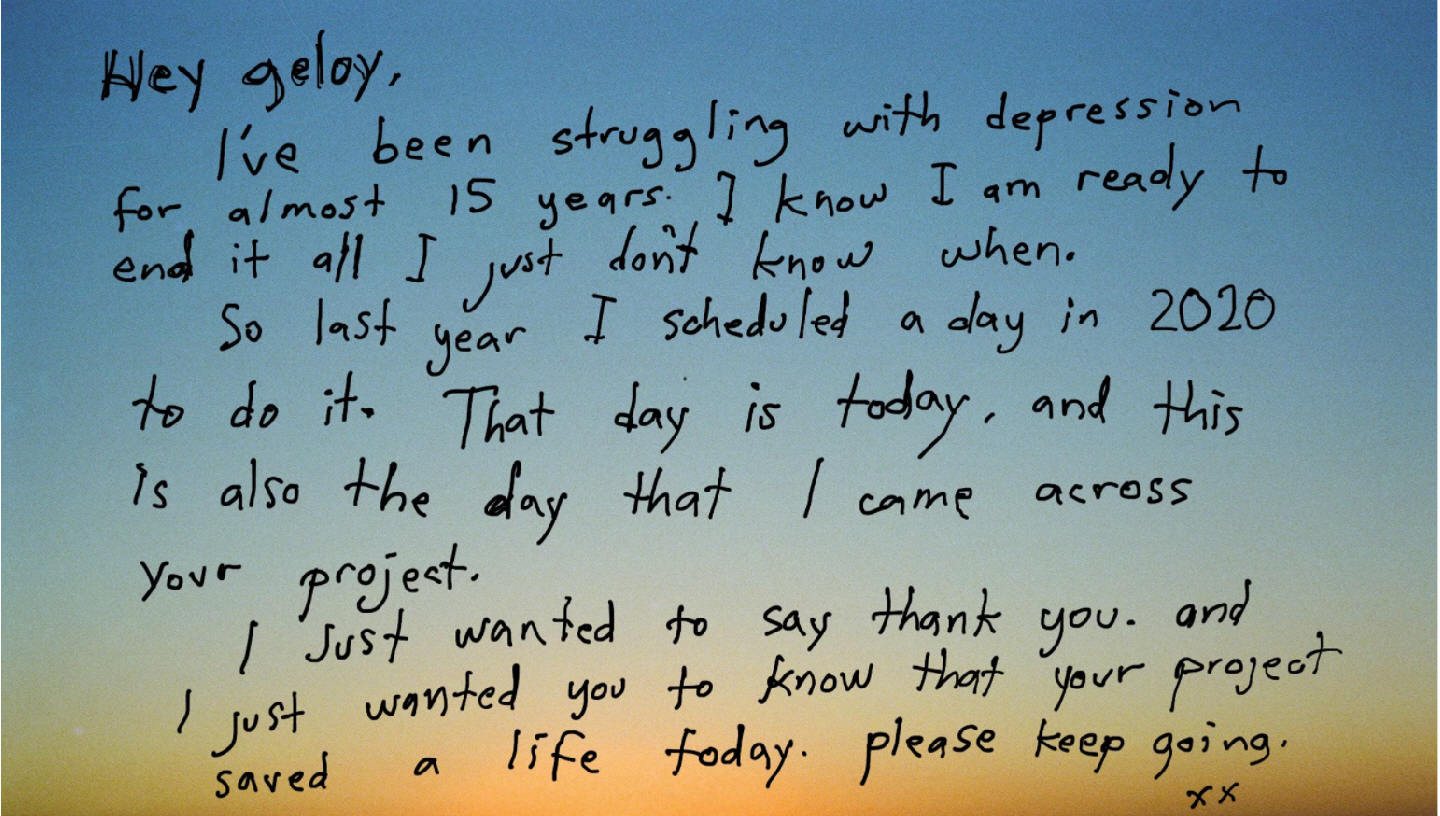
“The notes that really strike me are the ones that are talking directly to me or addressed to me,” Geloy Concepcion said about the submissions to his project. “These entries are not just confiding … they are talking directly from one human being to another. Every time I get those, they remind me that behind every note submitted is someone hoping I will read and listen to their sentiment.” – Geloy Concepcion
by Julia Weng and Michele Abercrombie
“In 2018, Geloy Concepcion was going through a difficult time, having just immigrated to the San Francisco Bay Area from his home in Manila, Philippines. While his wife began working at a local café, he bore the responsibility of taking care of their daughter, leaving little time for his passion for photography.
“‘In the Philippines, I shot almost every day. And then when we moved here, my wife only had two days off. She said, “Maybe you can just use one day to go around and take pictures.” So my 365 days of taking pictures became like 48 days a year.’
“It was a change that led Concepcion to turn inwards, setting him on an unexpected path to exploring the sometimes harrowing and overwhelming feelings that can accompany loneliness — in his own life at first, and then in the lives of others following the onset of the pandemic. Nearly a year-and-a-half later, those reflections are the focus of a new collection from Concepcion called Things You Wanted To Say But Never Did.”
Read this NPR article in its entirety, click here.
“CVS To Offer In-Store Mental Health Counseling.” – NPR
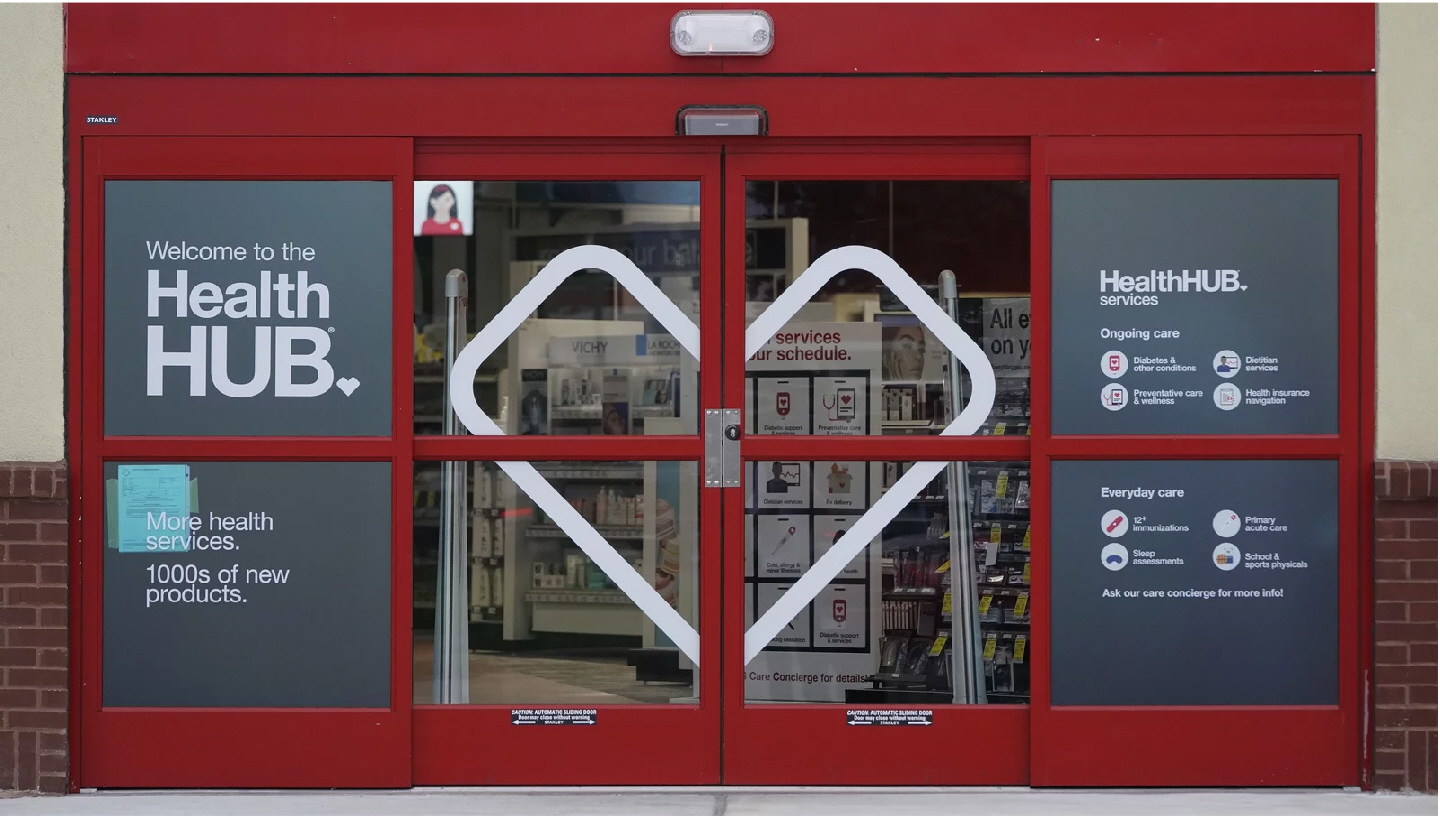
“CVS is adding mental health counseling to the services offered at about a dozen of its stores with HealthHUBs in Florida, Pennsylvania and Texas.” – David J. Phillip/AP
by Yuki Nocuchi
“Barber shop owner Angela Miller always hears about clients’ family dysfunctions and financial struggles, but that’s especially been the case during the pandemic.
“‘You hear everything,’ she says. Lost jobs. Lost family. She says she can very much relate.
“‘My business had to shut down for about four months, and I wasn’t really financially prepared for that,’ says Miller, who says she normally pays bills ahead of time.
“Her entire family caught COVID-19 early in the pandemic, and Miller, a 50-year-old single mom living in Philadelphia, almost died. Being socially isolated also stirred up past childhood trauma, she says. So this year, she finally sought help.
“But the first therapist she contacted didn’t return her call for a month, only to tell her that the next available appointment would take another month.
“‘And I said, “You need to change your practice because for somebody reaching out, they could be suicidal,” she says.
“Eventually, Miller connected with a therapist in an unorthodox place: her local CVS.”
Read this article in its entirety at NPR, click here.
“Age Segregation, Loneliness and Addiction: Why Aren’t We Connecting the Dots?” – next avenue
“12-step programs reduce all three. What can we learn from them?”
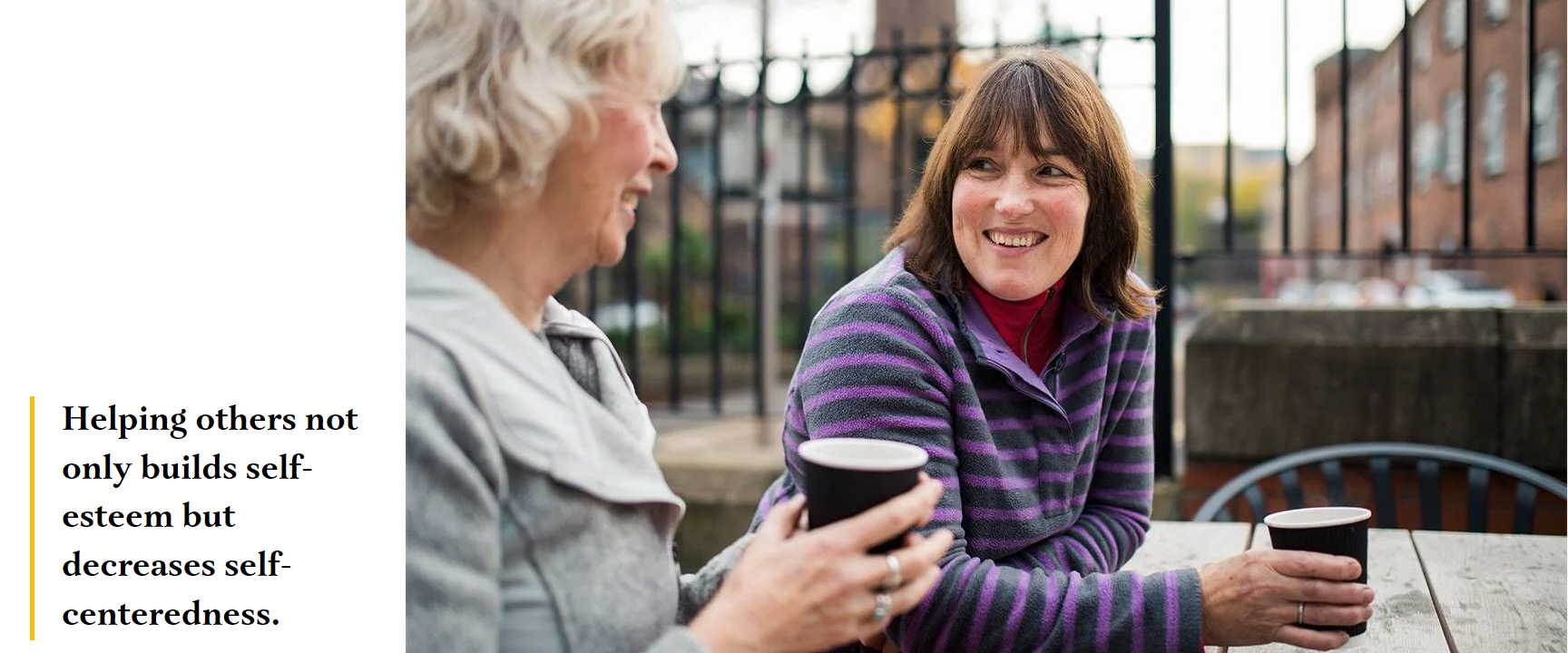
by Sarah McKinney Gibson
“On March 23, 2021, Dr. Vivek H. Murthy was confirmed as the Surgeon General of the
For the past 11 years, I have been an active member of multiple 12-step programs. In meetings that take place in church basements and over Zoom, I have seen people from different generations and backgrounds come together to heal from loneliness and addiction.
“Millions of us are finding help in society’s shadows. Much could be learned from undertaking a national research study aimed at better understanding what happens in 12-step programs, and how they not only heal loneliness and addiction but bridge generational divides.
“During the pandemic — a time of strict generational separation — loneliness, alcohol consumption and drug use have all spiked. Murthy, a Next Avenue Influencer in Aging, is well positioned to connect the dots and seek solutions in unlikely places. Like 12-step programs, originated by Alcoholics Anonymous (AA) in the 1930s.”
Keep reading this article at next avenue; click here.
“There’s a Name for the Blah You’re Feeling: It’s Called Languishing” – The New York Times
“The neglected middle child of mental health can dull your motivation and focus — and it may be the dominant emotion of 2021.”
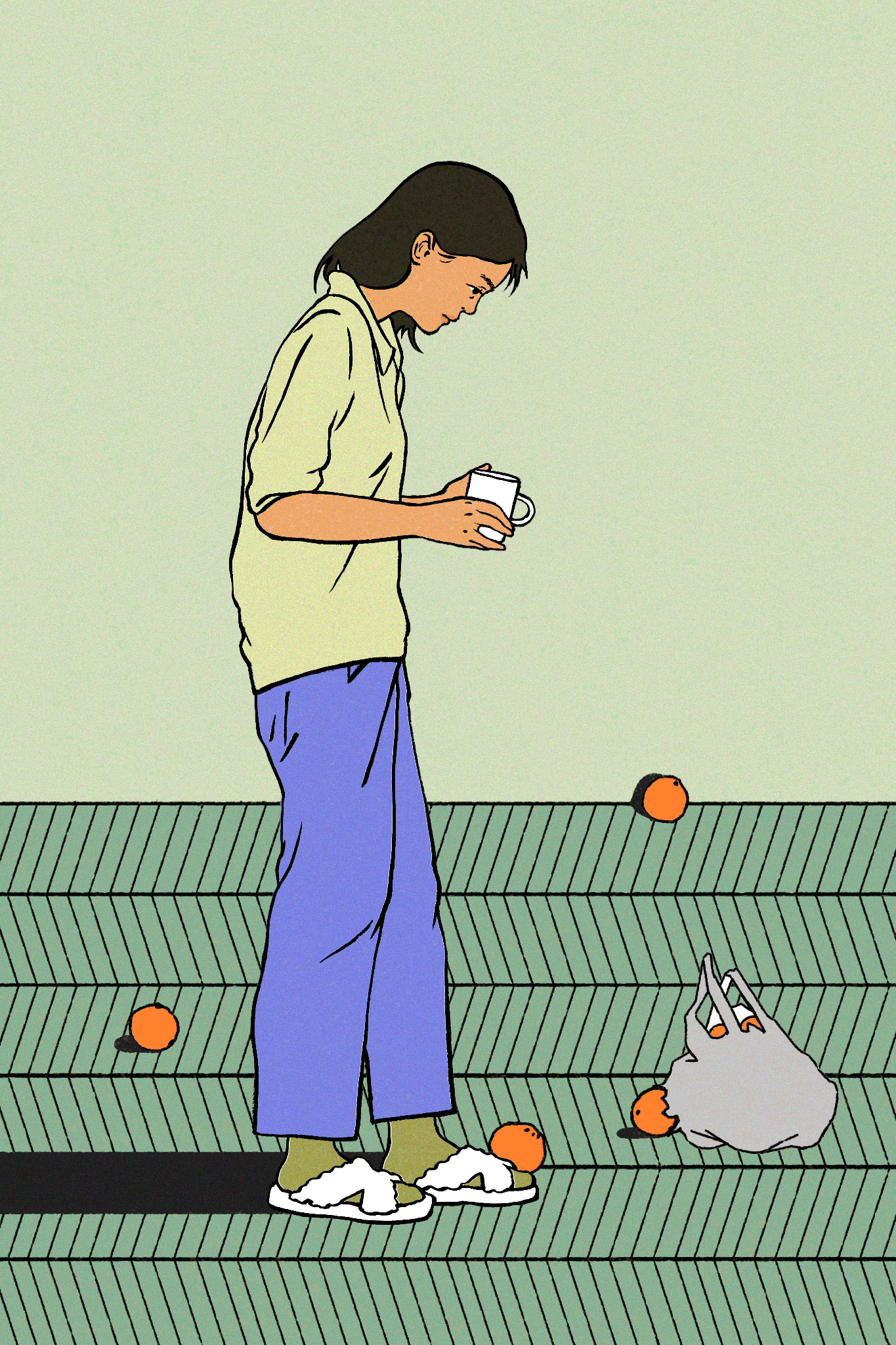 Manshen Lo
Manshen Lo
by Adam Grant
“At first, I didn’t recognize the symptoms that we all had in common. Friends mentioned that they were having trouble concentrating. Colleagues reported that even with vaccines on the horizon, they weren’t excited about 2021. A family member was staying up late to watch ‘National Treasure‘ again even though she knows the movie by heart. And instead of bouncing out of bed at 6 a.m., I was lying there until 7, playing Words with Friends.
“It wasn’t burnout — we still had energy. It wasn’t depression — we didn’t feel hopeless. We just felt somewhat joyless and aimless. It turns out there’s a name for that: languishing.
“Languishing is a sense of stagnation and emptiness. It feels as if you’re muddling through your days, looking at your life through a foggy windshield. And it might be the dominant emotion of 2021.”
Read this column in its entirety at The New York Times, click here.
“Women and Younger Adults Hit Hardest by Mental Health Impacts Due to COVID-19” – Kaiser Family Foundation
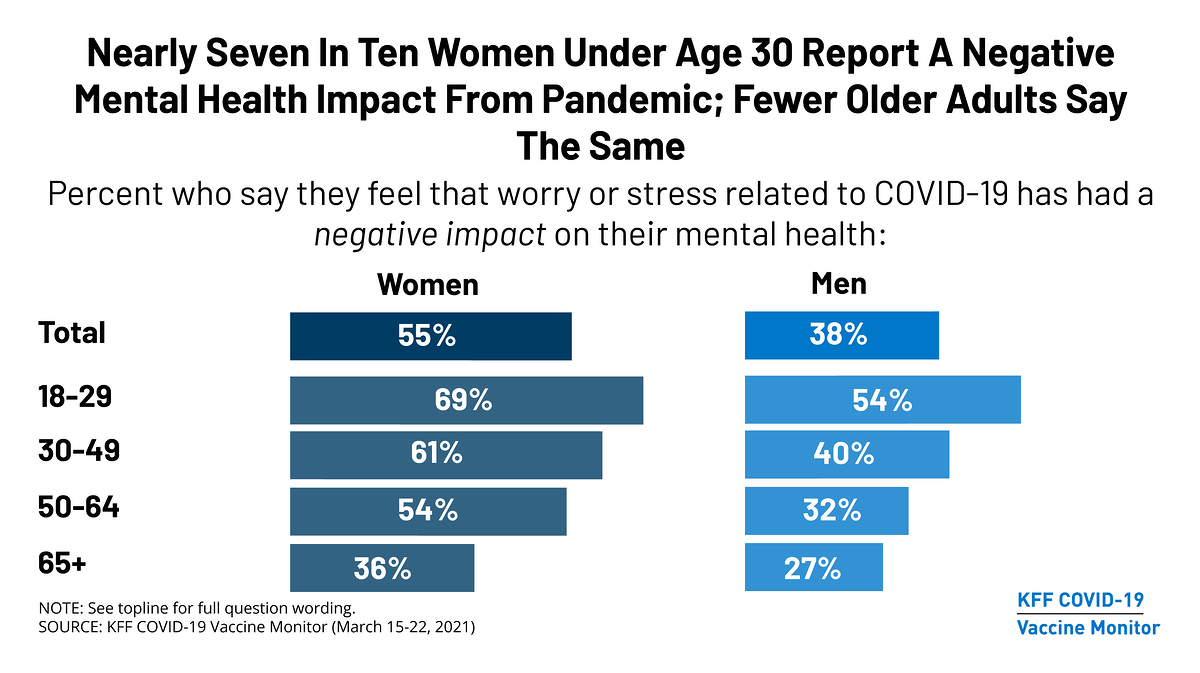
“By mid-2020 about half (53%) of adults reported that worry and pandemic-related stress had negatively impacted their mental health. Now with millions of U.S. residents getting vaccinated against COVID-19, the latest analysis from the KFF COVID-19 Vaccine Monitor finds 47% of adults continue to report negative mental health impacts, and about a third of this group (or 15% of adults overall) report unmet needs for mental health care. The new report highlights recent data on the mental health impacts of the COVID-19 pandemic across gender, age, race, and income. Key findings include:
- Women, including mothers with children under 18, younger adults, and those in middle income groups are most likely to report their mental health has been negatively impacted as a result of the pandemic, compared to those 65 and older and men, including fathers with children under 18, who are least likely to report any mental health impact from the pandemic.
- The groups most likely to be worried that they or a family member may get sick from COVID-19 are women, Black and Hispanic adults, and younger adults. Among those expressing this worry, nearly six in ten say it has negatively impacted their mental health, showing a direct link between worry and negative mental health impact.
- Among mothers who say their mental health had been negatively impacted by the pandemic, nearly half (46%) report they did not get the mental health services or medications they needed, representing about one in four (27%) mothers overall.
- Among adults who did not get the mental health care they may have needed in the past year, some of the biggest reasons include not being able to find a provider (24%), inability to afford the cost (23%), or being too busy or unable to take off work in order to seek treatment (18%).”
With May just around the corner, Mental Health America (MHA) is proud to announce that our highly anticipated May is Mental Health Month toolkit is FINALLY HERE!
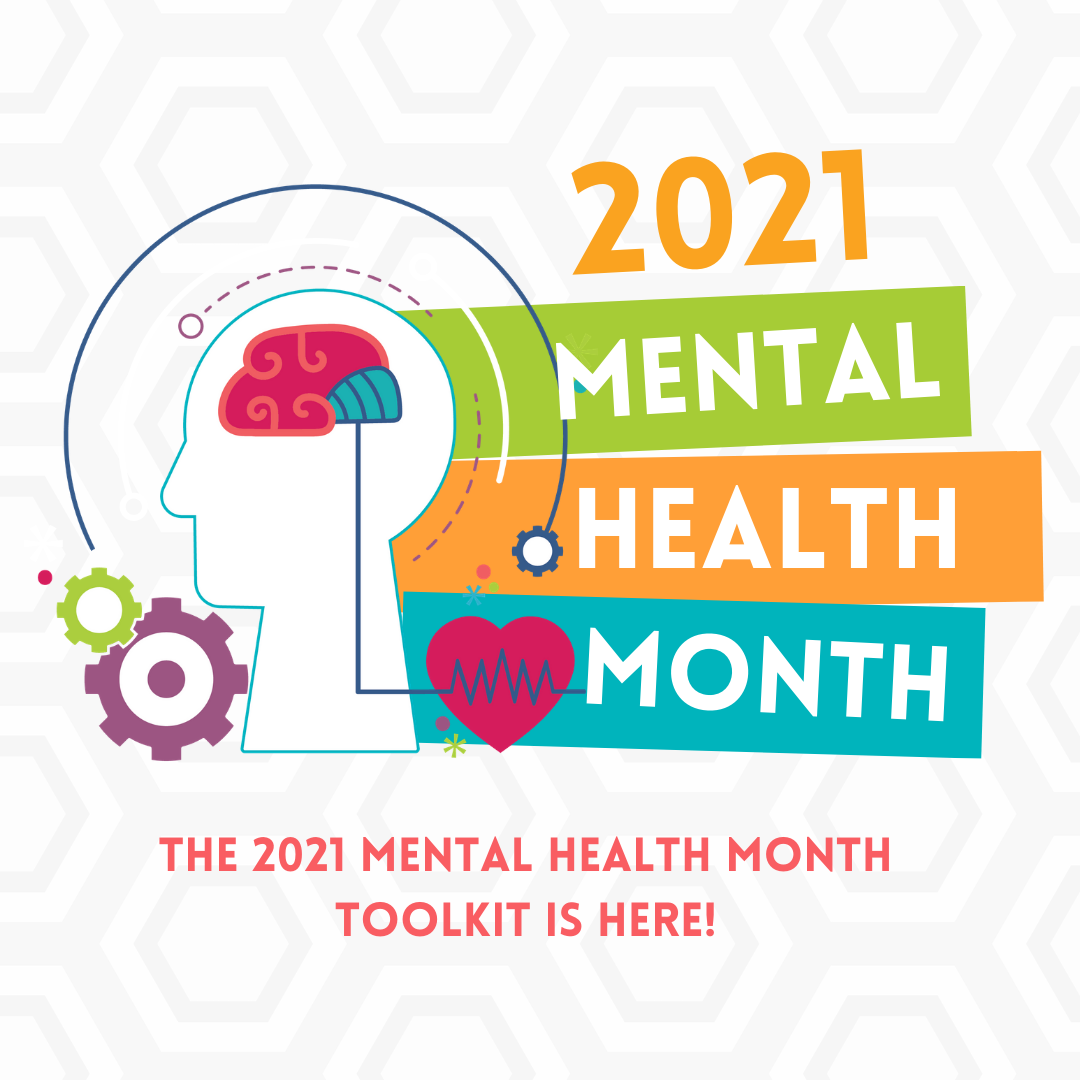
Download The 2021 Mental Health Month Toolkit
Since 1949, Mental Health America and our affiliates across the country have observed May is Mental Health Month by reaching out to millions of people through the media, local events, and screenings. We invite other organizations to join us in spreading the word that mental health is something everyone should care about by using the May is Mental Health Month toolkit materials and conducting awareness activities.
The COVID-19 pandemic has had a profound impact on the mental health of people of all ages. Now, more than ever, it is critical to reduce the stigma around mental health struggles, because that stigma often prevents individuals from seeking help.
In 2021, we will continue with our theme of Tools 2 Thrive, providing practical tools that everyone can use to improve their mental health and increase their resiliency regardless of their personal situation.
Our toolkit includes sample materials for communications and social media as well as printable handouts on the following topics:
- Adapting after trauma and stress
- Dealing with anger and frustration
- Getting out of thinking traps
- Processing big changes
- Taking time for yourself
- Radical acceptance
Recent Comments